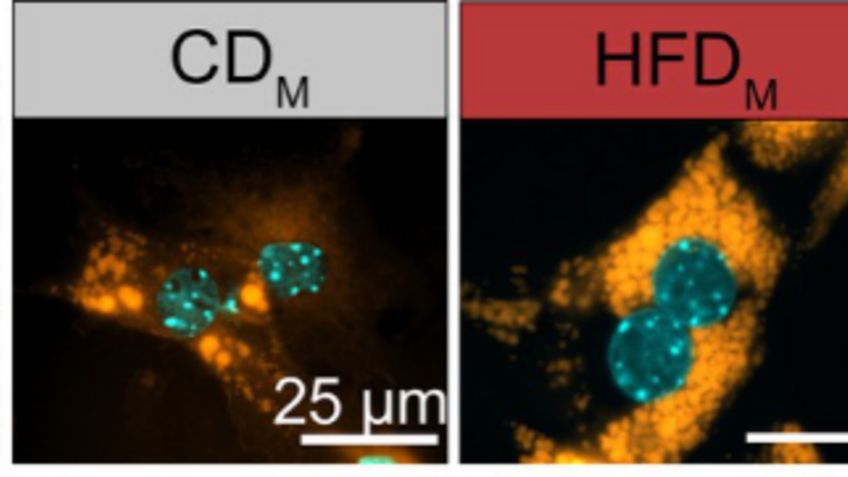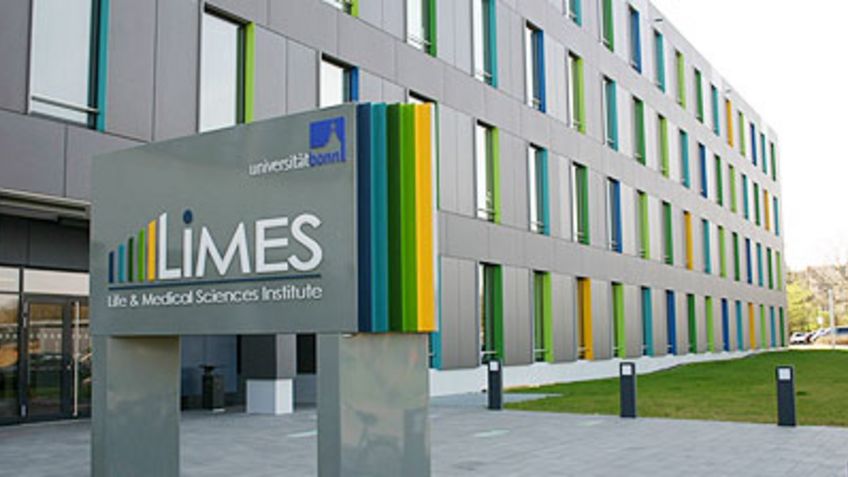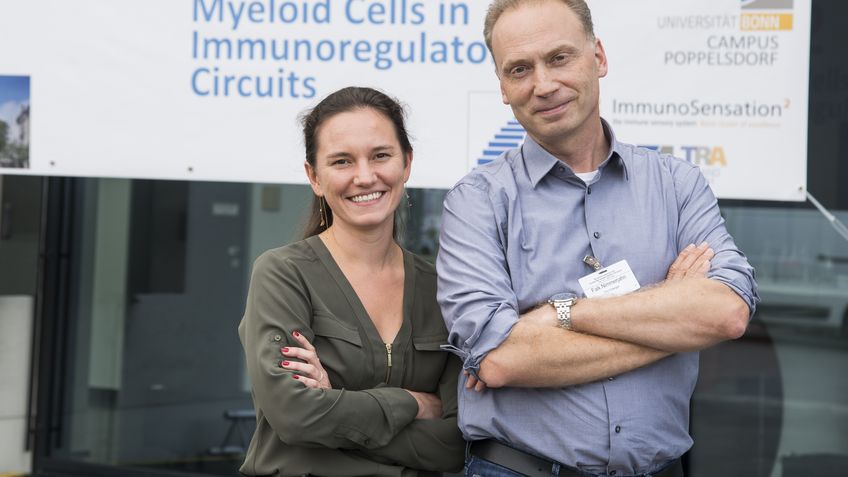Blogs from our lab members!
Some of our lab members not also enjoy writing and reading scientific papers but also blogs that are related to the daily life of every scientist or student! We are more than happy to share these blogs with you! So stay tuned!
New blog: A self-organized small ball of cells or functional “mini brains”?
To study neurodevelopment and neruological disorders human stem cell-derived organoids (so called "mini brains") have entered the scientific scene.
Our Postdoc Nelli presents the pros and cons of this model and what we should consider ethically when working with human mini brains.
Read more at:
A self-organized small ball of cells or functional “mini brains”?
New blog: Mother and early career scientist – how to combine parallel roles?
Our PhD student Nora is pursuing both, a career and a family, and is asking questions that many female scientists are dealing with.
"The desire to have a child and the wish to begin an academic career came at the same time into my life. Should I drop science to start a family? Should science drop me, ‘cause I wish to have children?"
Read more at:
Mother and early career scientist – how to combine parallel roles?
From pipets and antibodies to computers and algorithms – wet-lab versus dry-lab
I am Amir Kayvanjoo, a PhD student in the field of Molecular Biomedicine at LIMES institute, research group of Dr. Mass, University of Bonn. I have done my bachelor in Biology-Animal Sciences in Iran and later my Master in Life Sciences Informatics with the focus on data science and chemoinformatics at the University of Bonn. In a series of articles, I would like to address a topic that many biology students might have heard of; bioinformatics and transiting from traditional biological experiments to computational biology. In this article, I have done an interview with Nico Reusch, who has combined both, bioinformatics and wet-lab experiments, during his studies.
Read more at:











